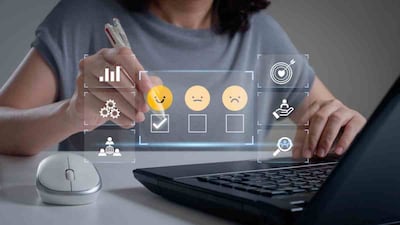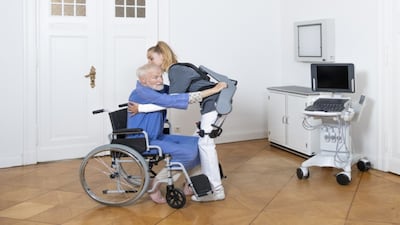Migraine pills, obesity surgery, and masks for sleep apnea might soon face electrifying competition. A new group of companies is developing devices to treat these illnesses with minute electrical pulses delivered to the nervous system. Called, variously, electroceuticals, bioelectronic medicines, or functional stimulation devices (the terminology is in flux), these devices in early studies have appeared to halt cluster headaches, cause remissions in rheumatoid arthritis patients, even restore partial sight to the blind. Interest in them is keen and growing.
Electroceuticals are next-generation neuromodulation devices. As with classic neuromodulators, such as LivaNova PLC’s implantable vagus-nerve stimulator for epilepsy or depression, or Medtronic PLC’s deep-brain stimulator for movement disorders,...
Read the full article – start your free trial today!
Join thousands of industry professionals who rely on Medtech Insight for daily insights
- Start your 7-day free trial
- Explore trusted news, analysis, and insights
- Access comprehensive global coverage
- Enjoy instant access – no credit card required
Already a subscriber?







